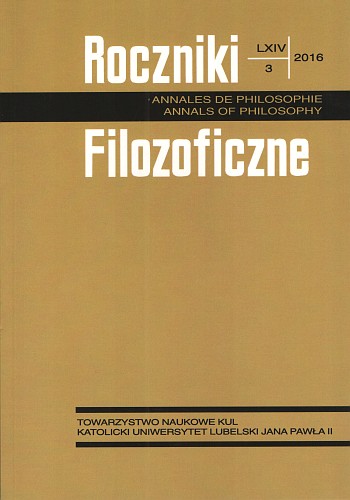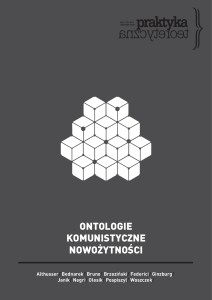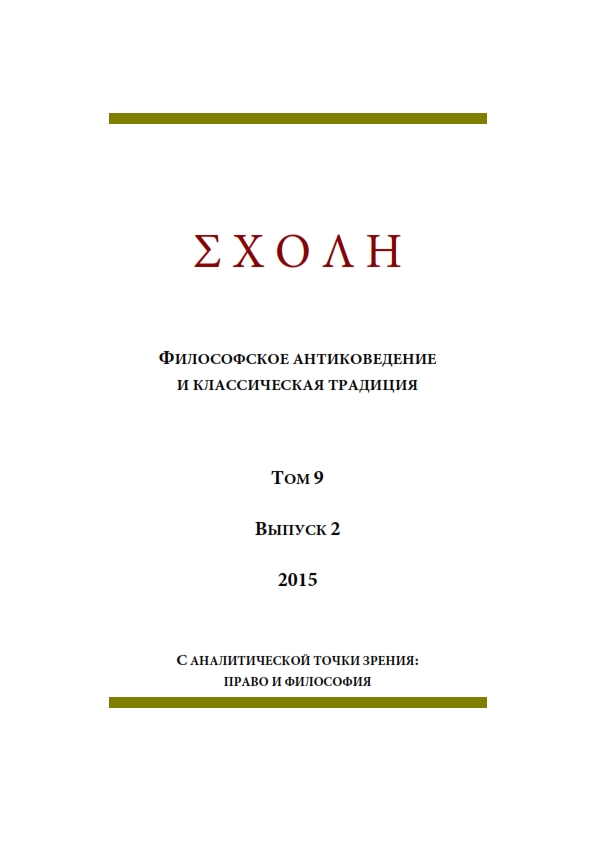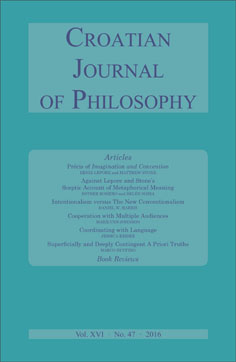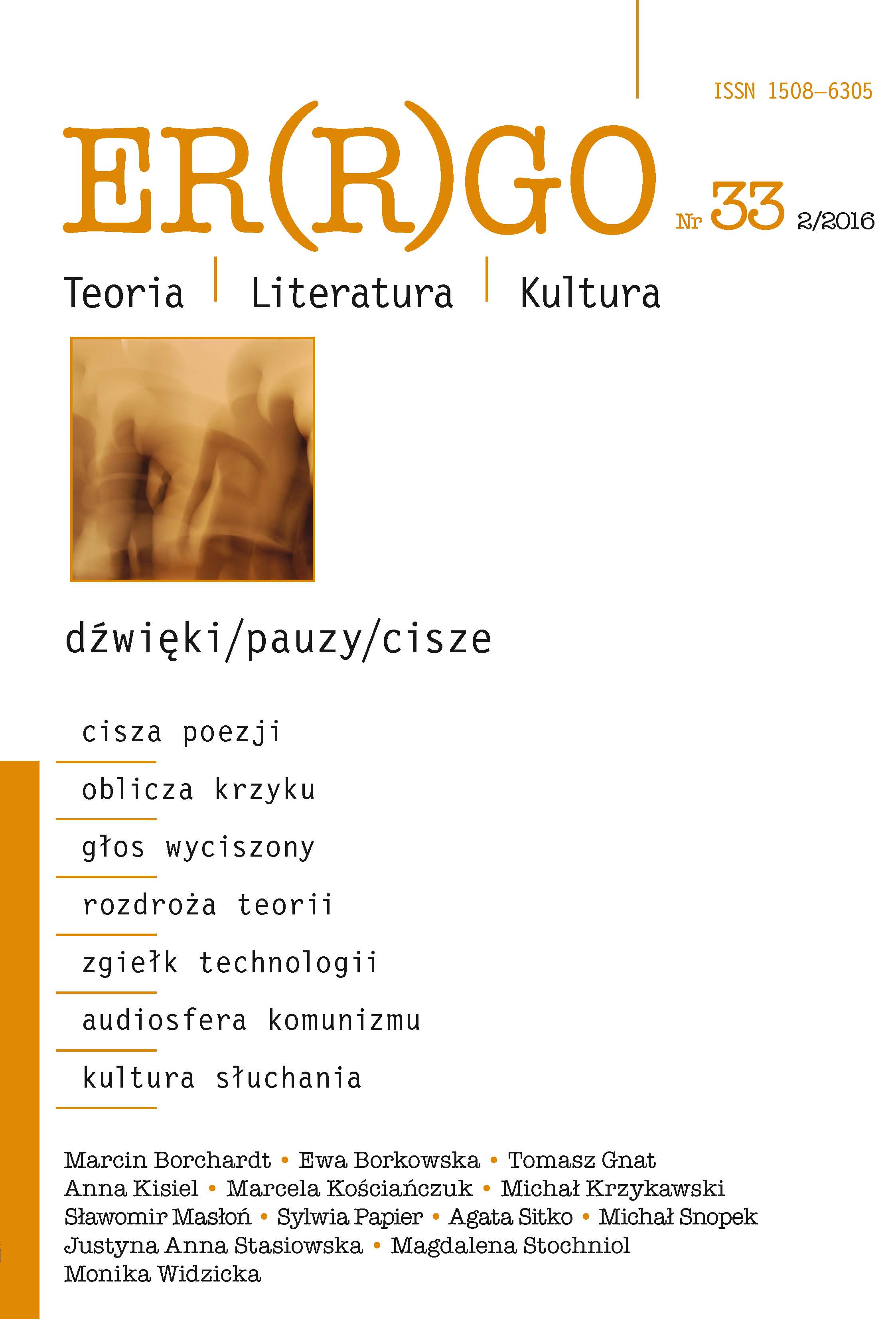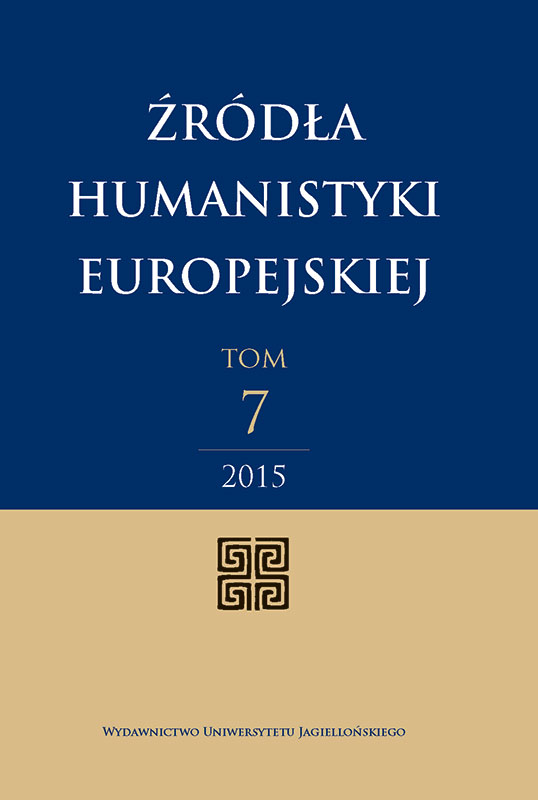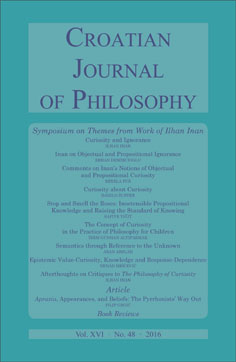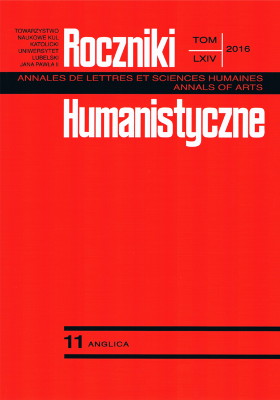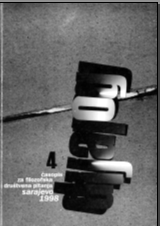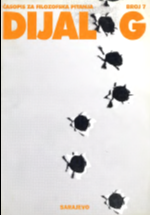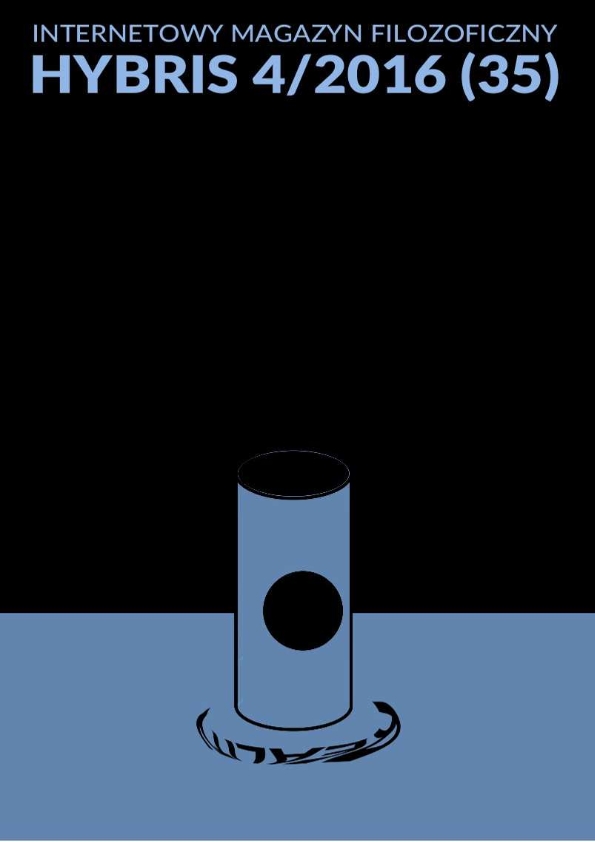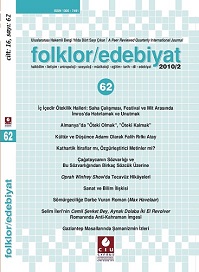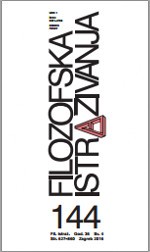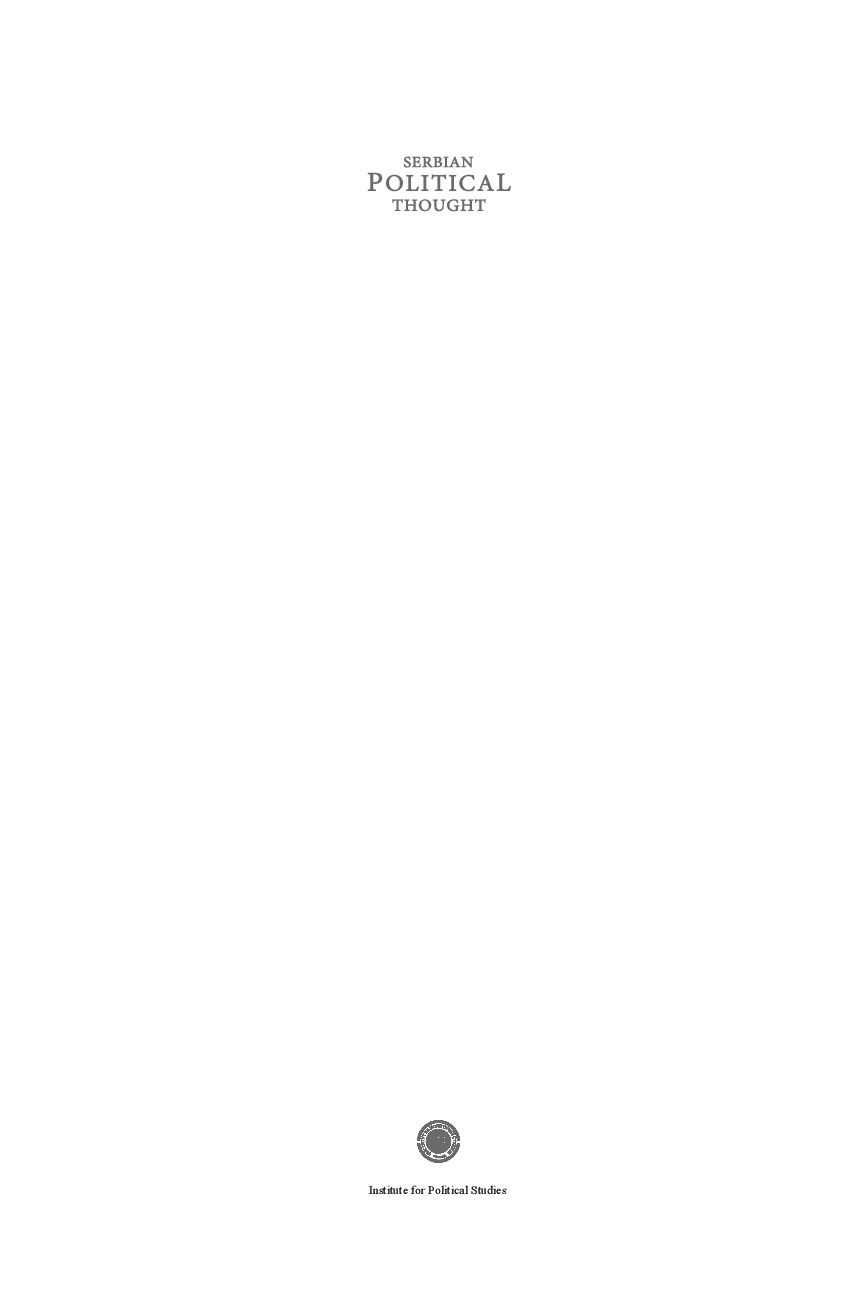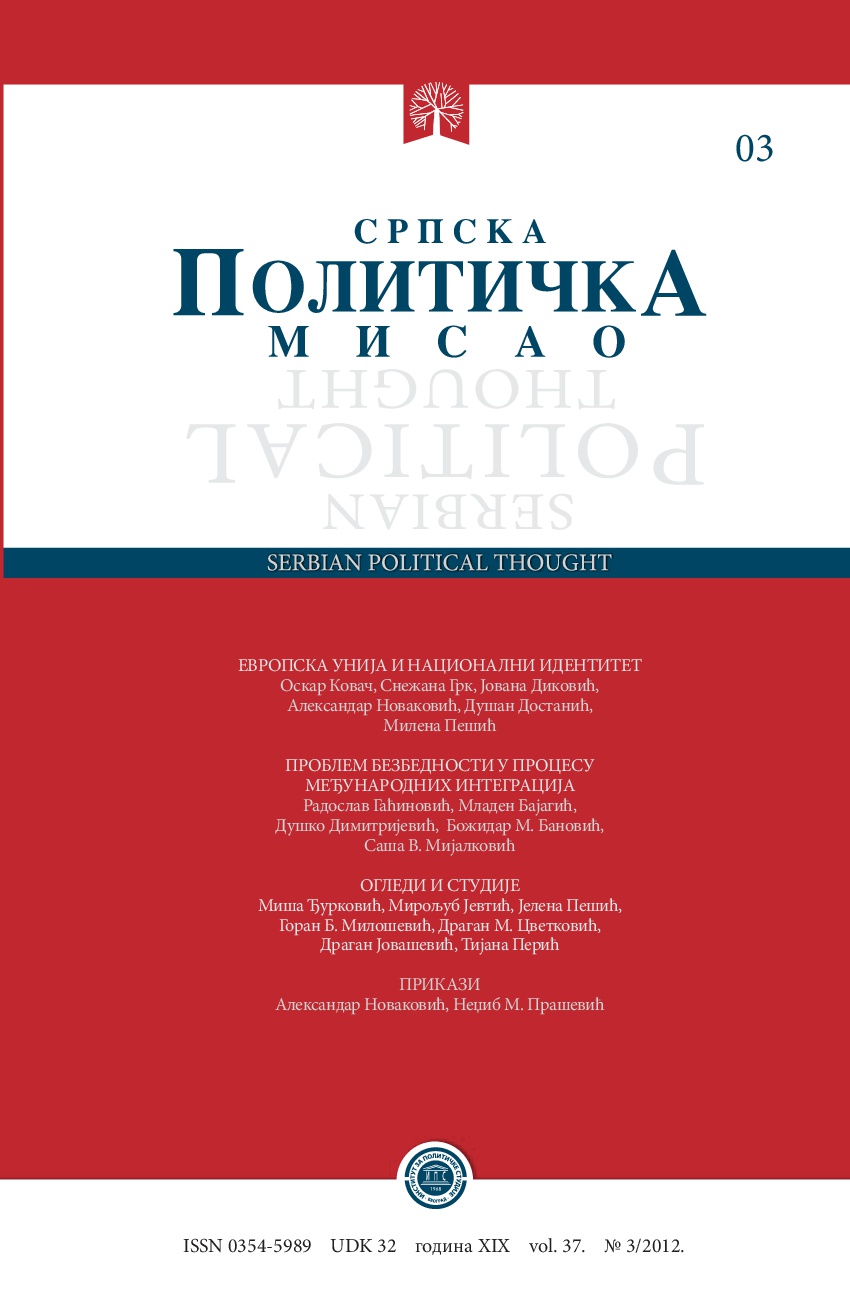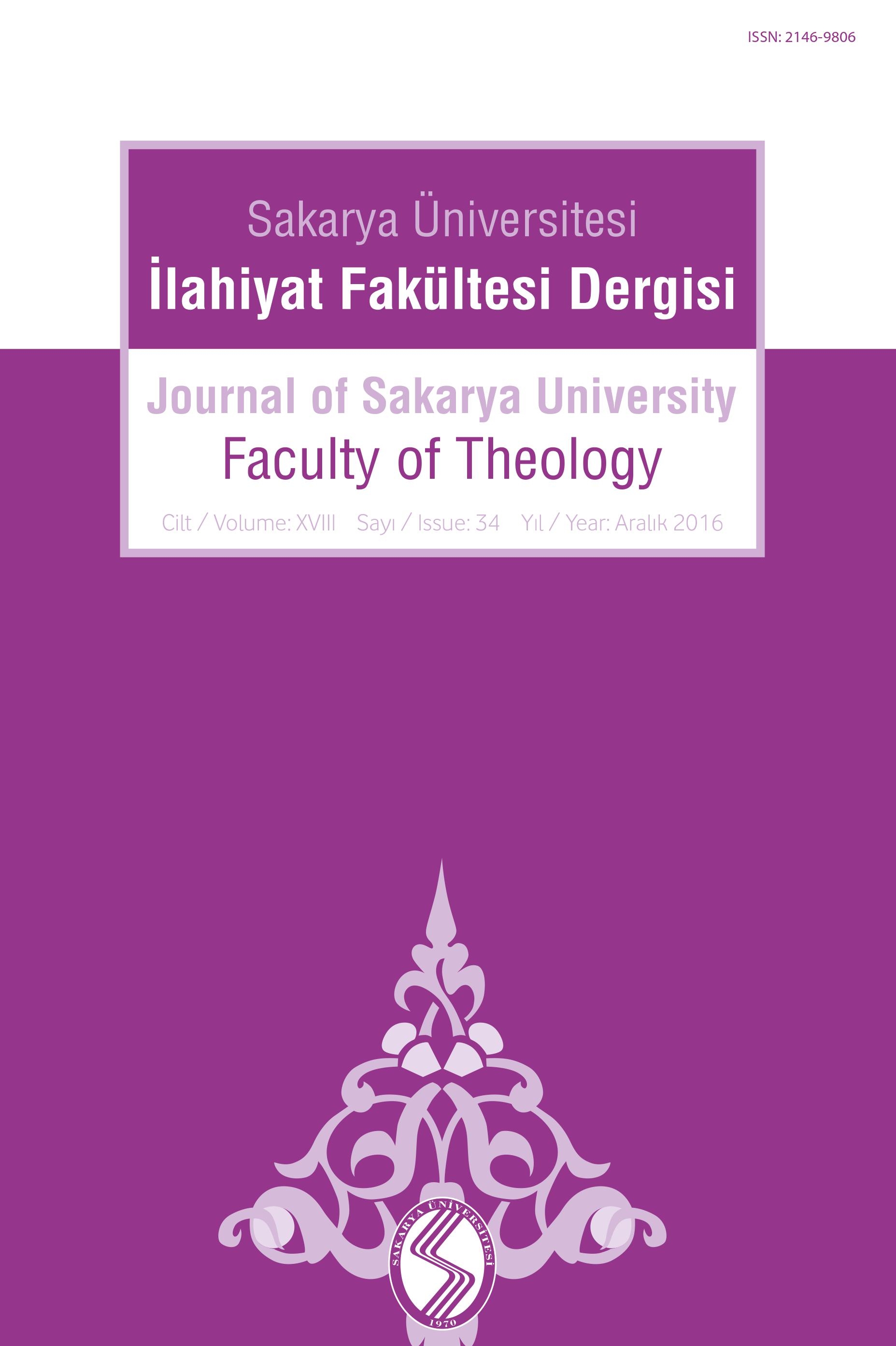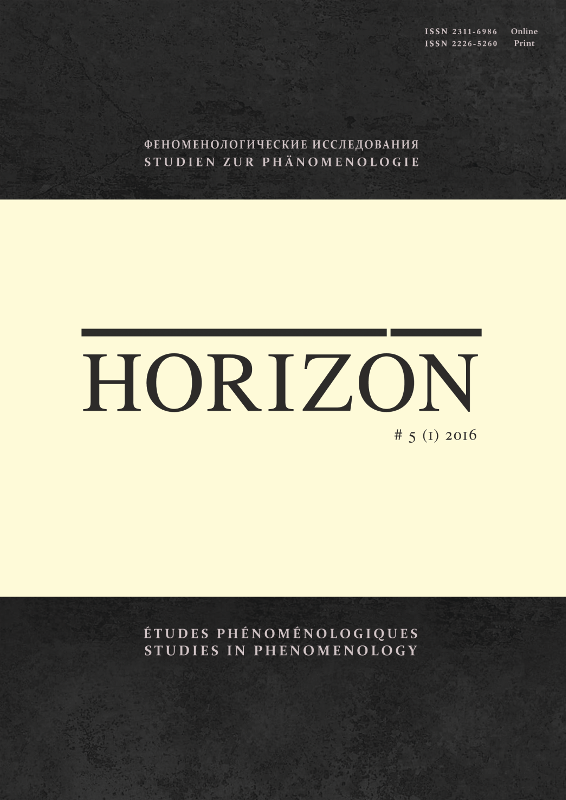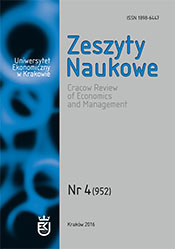
Dwa oblicza emancypacji podmiotu
The article discusses the duality of the phenomenon of emancipation of the human subject; this duality is one of the dimensions of the contingency of man. By duality I understand two discrepant and contradictory modes of being, which the emancipation of the subject can evoke. The first mode is being that consists in rising above the self through creativity, while the second is solidifying oneself, which lacks a creative element. The starting point for this analysis is a review of two approaches to this duality: 1) the dissonance between the romantic idea of authenticity and the contemporary self-actualisation, outlined by Taylor; and 2) the difference between the superman and the last man in Nietzsche’s thought. The second part of the article presents the reasons for this duality from an existential and ontological perspective (Heidegger) and from a psychoanalytical perspective (Freud). Both the drive-based structure and the existential-ontological structure of the human subject determine the not fully predictable (i.e. contingent) direction of self-development, which – regardless of the subject’s will – can take two fundamentally different routes.
More...
